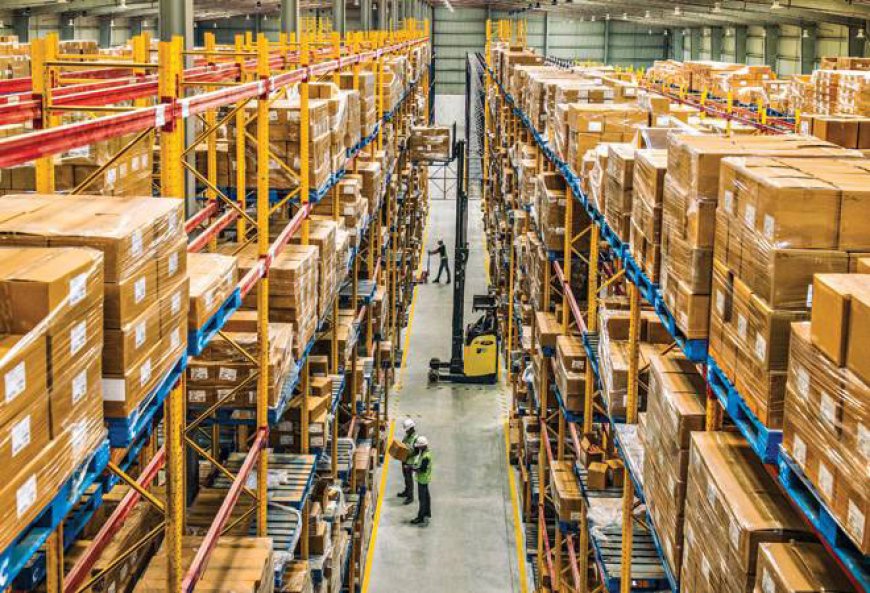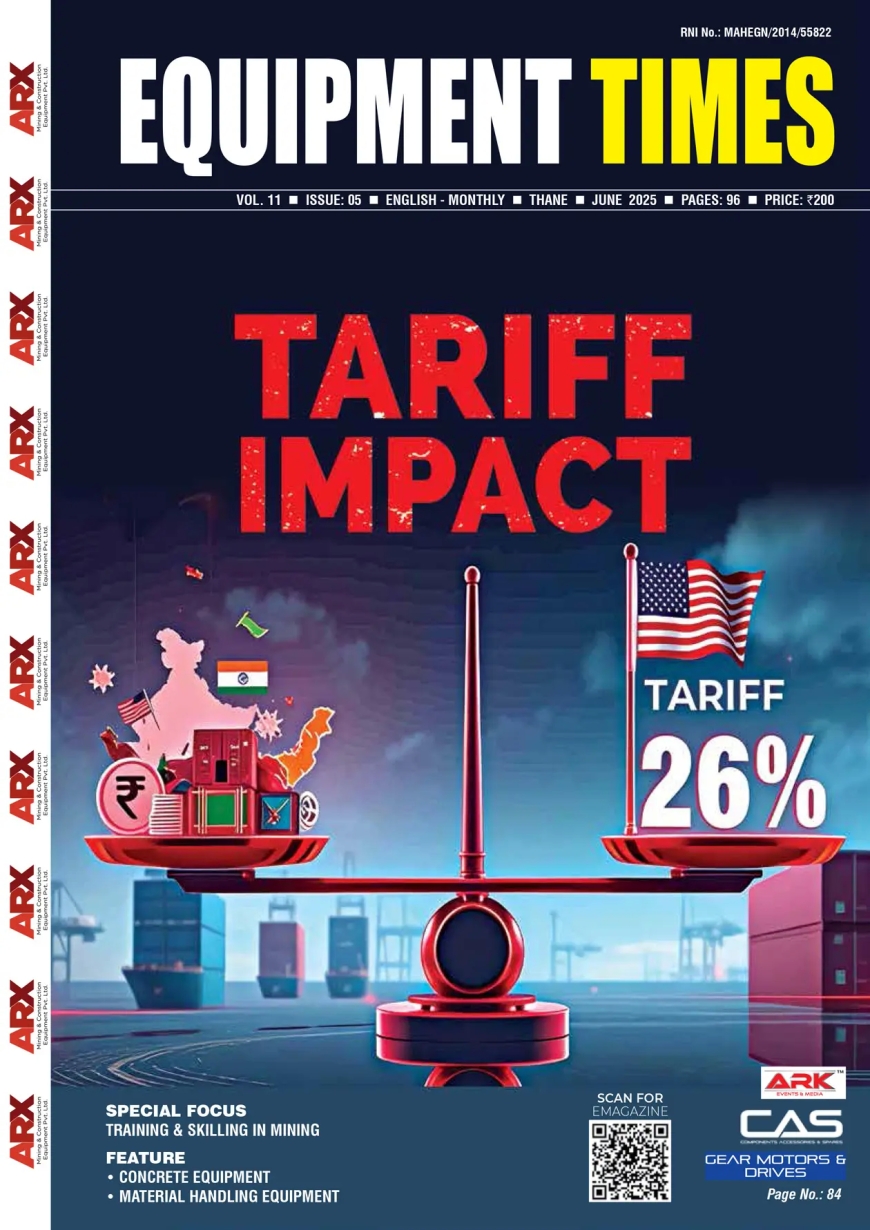Warehousing and commercial realty segments to emerge as a lifeline for India’s growth in the post COVID-19 scenario
In the past few years, commercial real estate has emerged as a preferred asset class for investors offering an average return between 6 percent and 10 percent. Logistics and warehousing sectors, too, have witnessed robust demand due to the growth

In the past few years, commercial real estate has emerged as a preferred asset class for investors offering an average return between 6 percent and 10 percent. Logistics and warehousing sectors, too, have witnessed robust demand due to the growth of manufacturing, retail, FMCG and e-commerce sectors. Experts suggest that the post-COVID-19-scenario is likely to witness a continuity in the momentum of growth for both segments. An ICRA report predicts that the office space segment would be insulated from slowdown with Business Process Outsourcing (BPO) and IT/ITes segments being the key drivers of demand. In a recent JLL survey, almost 75% of respondents were confident of logistics and warehousing to witness a faster recovery as compared to other asset classes. Furthermore, logistics is set to embark on a higher trajectory with the possibility of multinational firms shifting their base to India in the wake of disruption of supply chains, a Welspun One Logistics Parks report has said.
“Commercial spaces and warehousing will emerge as the strongest bet in the realty sector due to changes in tastes and preferences of consumers and a shift towards e-commerce. As a new paradigm, Micro-Warehouses in urban areas will be in great demand. Office spaces are expected to be a key driver of demand due to their good return on investment potential. Moreover, the logistics parks will give an impetus to the process of monetization of unused land parcels across India,” said Ved Prakash Dudeja, Vice Chairman, Rail Land Development Authority.
“Warehousing is the most resilient segment in India and is likely to bounce back soon after the pandemic in India,” Chandranath Dey, Industrial Operations, JLL India.
It is to be noted that the Indian government has undertaken several reforms such as the Warehousing Act 2007, the establishment of logistics parks as well as Free Trade Warehouse Zones (FTWZ) and the implementation of Goods and Services Tax (GST) to push these sectors. The proposed initiatives such as strengthening the agricultural and ancillary infrastructure given the COVID-19 crisis, National Logistics Policy among others, that will further shape the growth trajectory.
“The COVID-19 pandemic is indeed an unprecedented time. Nevertheless, the measures announced by the Indian government will put the economy on the path to recovery. The move to extend the deadline for projects registered under RERA will be a huge breather for the sector. Going forward, we can expect further consolidation in the sector. However, office spaces will continue to be an attractive choice for investors due to its resilience,” said Sandeep Agarwal, CFO, Pioneer Urban Land and Infrastructure Ltd.
Experts, however, are unanimous in their view that the post-COVID-19-scenario will redefine both segments with comprehensive hygiene and wellness measures being the ‘new’ normal. According to them, a huge pent- up demand and strong fundamentals will pave the way for rebound by the fourth quarter of 2020. Technology will also become significant in the renewed focus on automation and mechanization to offer curated experiences to customers.
Union Finance Minister Nirmala Sitharaman had recently announced a slew of measures to ease the liquidity crunch in the real estate sector. These measures are also expected to benefit 250 ancillary industries in real estate.
Hits: 68








